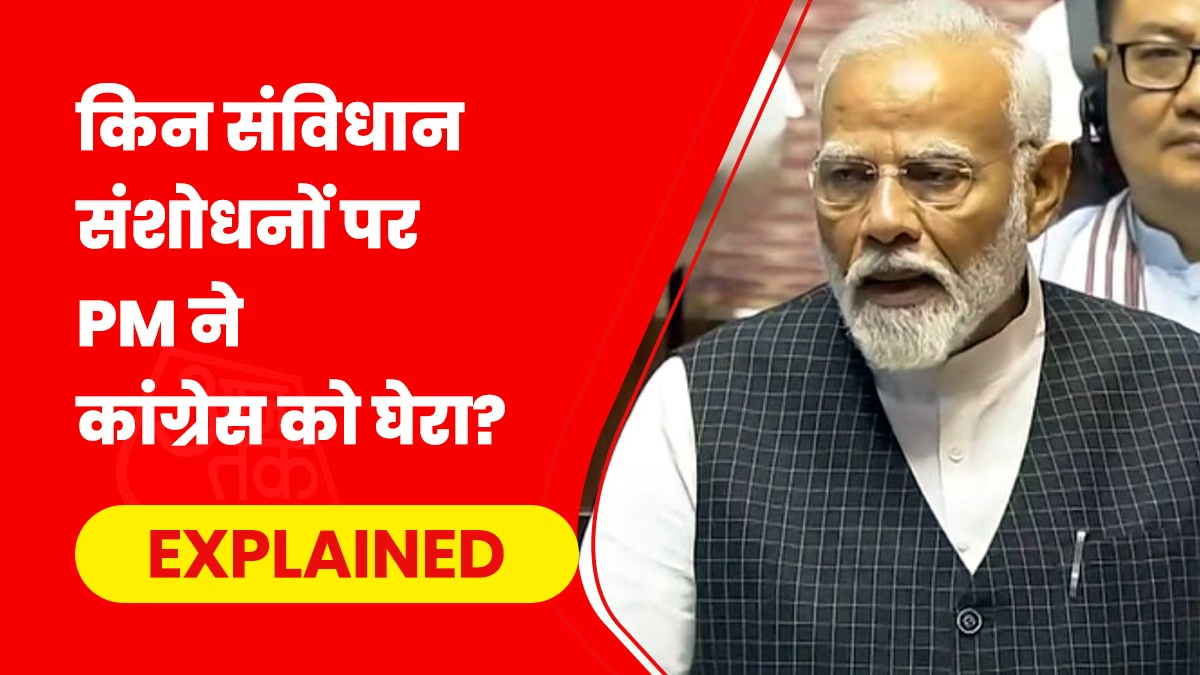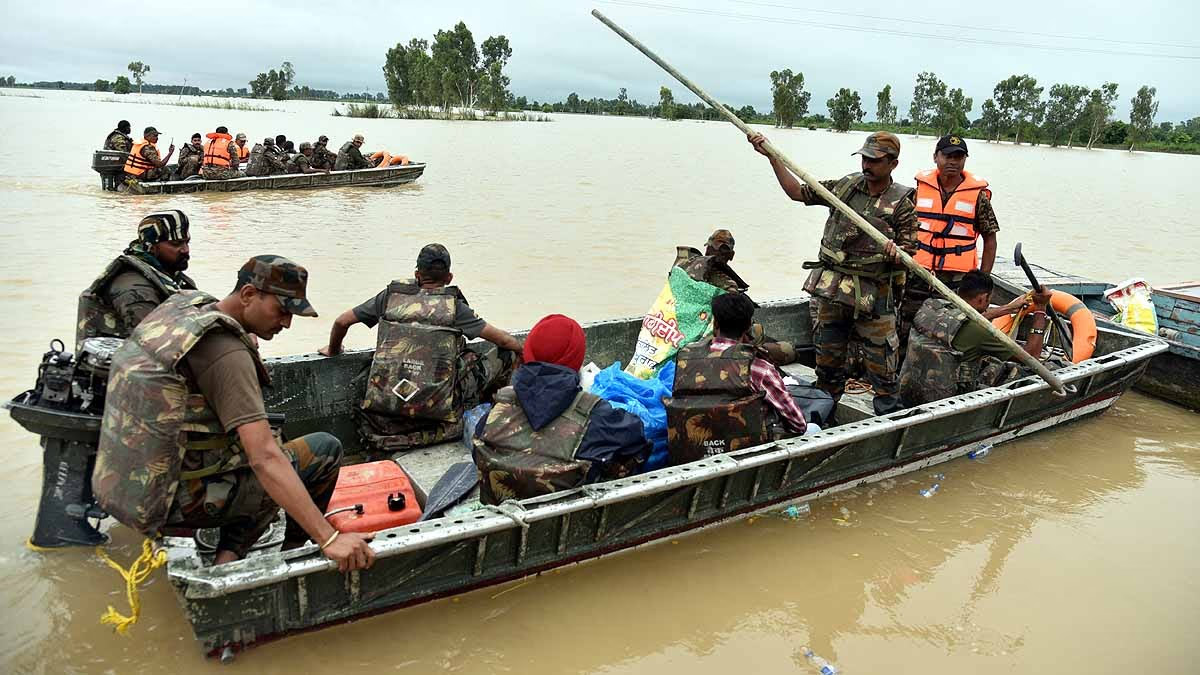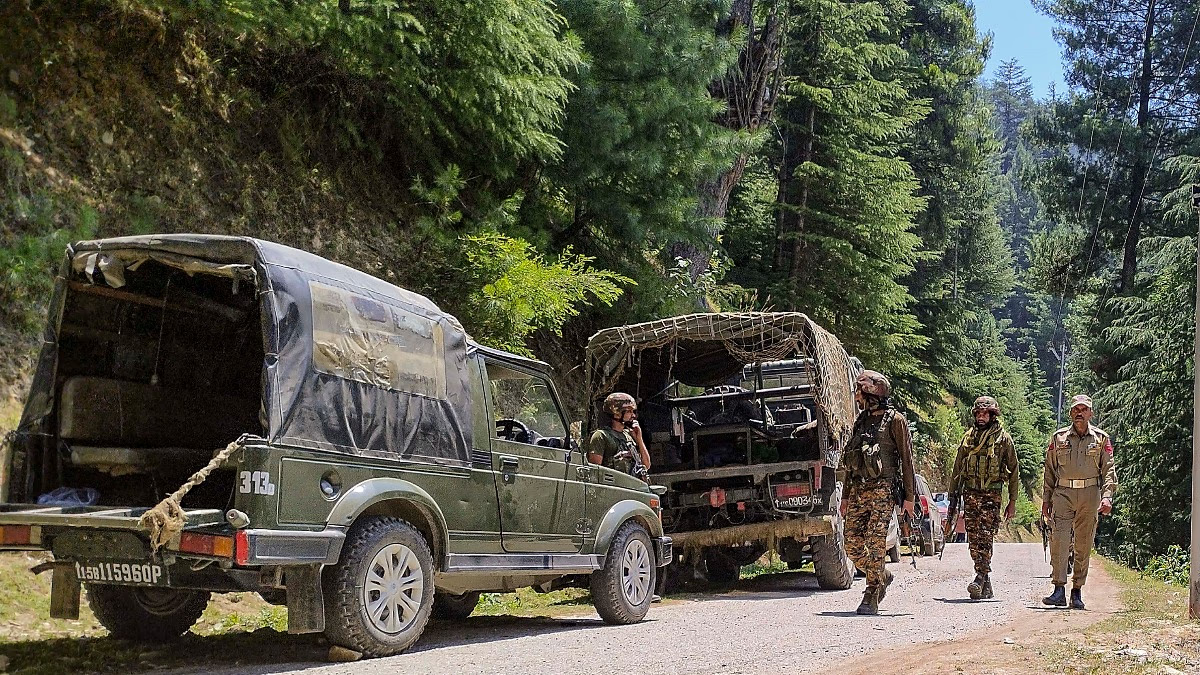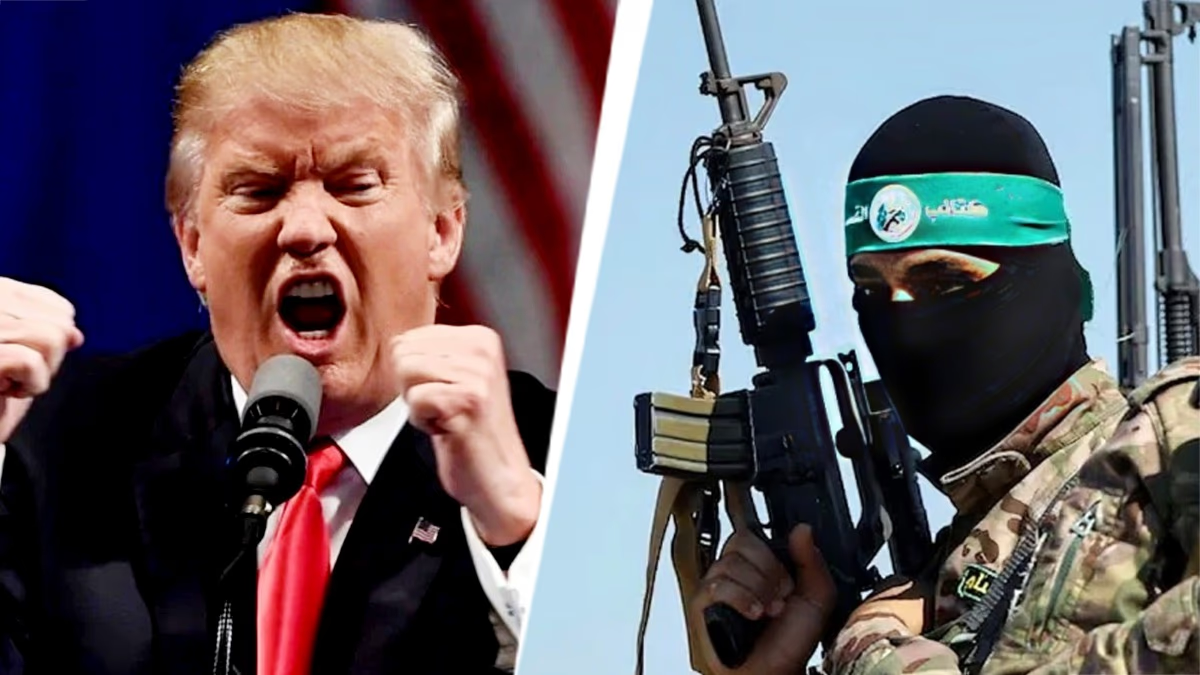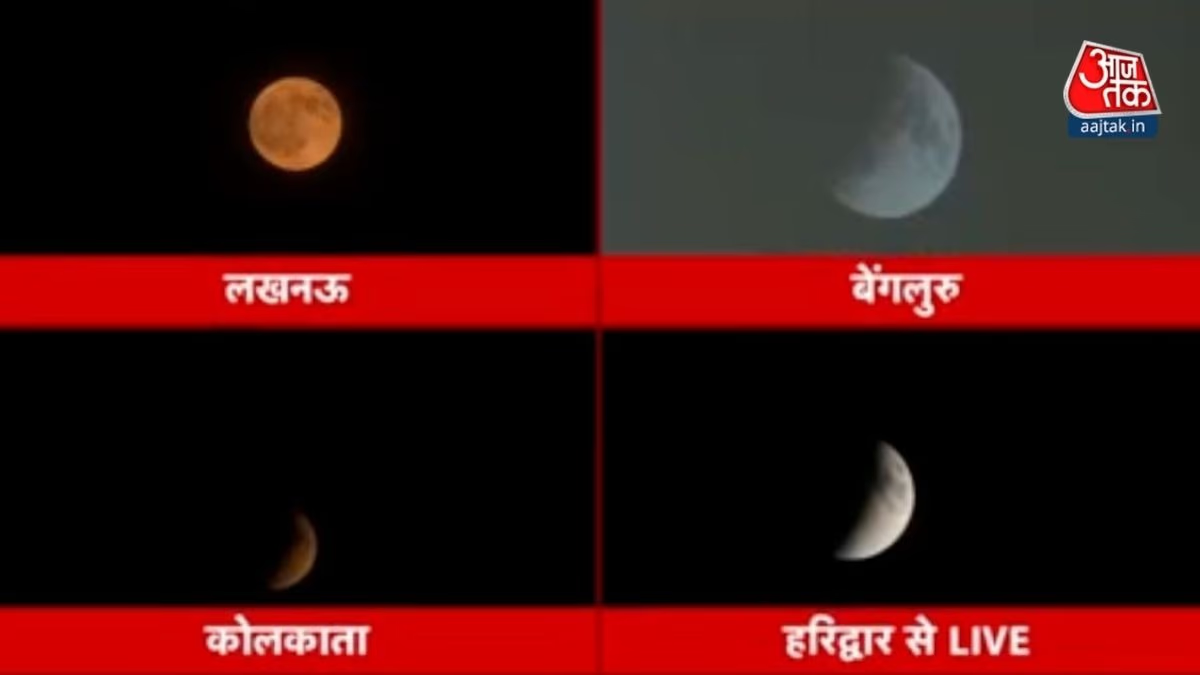Prime Minister Narendra Modi delivered a defining speech in the Rajya Sabha on Wednesday. He was responding to the discussions following the Presidential address. During his speech, Modi targeted Congress with poignant remarks.
Modi asked, 'Will you continue to fabricate narratives? Have you forgotten the elections of 1977... when newspapers were shut down, radios went silent, and voices were suppressed. The nation voted for the restoration of democracy, for the safeguarding of the Constitution - it was unparalleled in global electoral history. The elections of 1977 showcased how vibrantly democracy pulsates in the veins of India's people.'
Highlighting the Emergency era, Modi stated, 'I have witnessed the Emergency period very closely. Millions were tormented and their lives made difficult. And what transpired in Parliament is a matter of record. I challenge those who speak of protecting the Constitution: when you had extended the Lok Sabha tenure to seven years, way beyond its five-year mandate, which constitution were you following then as you enjoyed the luxuries of power and oppressed the people while teaching us lessons on the Constitution?'
Modi further condemned, 'The desecration of the Constitution's spirit was committed by these individuals. The 38th, 39th, and 42nd amendments, referred to as the 'Mini Constitution', is what I am alluding to. It's unbecoming of you to utter words of the Constitution's protection. You've committed a sin and yet, here you sit.'
Let’s delve into what exactly were the 38th, 39th, and 42nd amendments that Prime Minister Narendra Modi referenced, labeling them as 'Mini Constitution'.
What were the 38th and 39th amendments?
Following the Emergency's proclamation in June 1975, the government led by Indira Gandhi first made the 38th amendment to the Constitution on July 22, 1975. This amendment stripped the judiciary of its capacity to review the emergency provisions.
Close to two months after the 38th amendment, the Constitution was amended for the 39th time. According to this amendment, only a committee constituted by Parliament could review the Prime Minister's election.
The 39th amendment was essential because the Allahabad High Court had annulled Indira Gandhi's election, citing discrepancies in the electoral process.
The most controversial 42nd amendment!
Indira Gandhi enacted numerous amendments during the emergency regime she presided over. Following the 40th and 41st amendments, the 42nd Constitution amendment was passed, which is often considered the most contentious and thus dubbed the 'Mini Constitution'.
The sweeping changes brought forth by the 42nd amendment included the addition of three new words - socialist, secular, and integrity - in the Constitution's preamble. The rationale behind these inclusions was deemed essential to develop the country socio-economically and secularly.
In 1976, the 42nd amendment significantly stated that no parliamentary decision could be challenged in court based on any grounds. It also rendered the memberships of parliamentarians and legislators immune to court challenges. Additionally, the term length of Parliament was extended from five to six years.
One of the provisions of the 42nd amendment accorded preference to the Directives for State Policy over fundamental rights. Consequently, a person could be deprived of their fundamental rights. Furthermore, the central government was empowered to deploy military or police forces in any state to maintain law and order.
When the Janata Party government came into power in 1977, the 44th Constitution amendment modified several provisions of the 42nd amendment. However, the amendments made to the preamble of the Constitution remained untouched.
